The views expressed in our content reflect individual perspectives and do not represent the authoritative views of the Baha'i Faith.
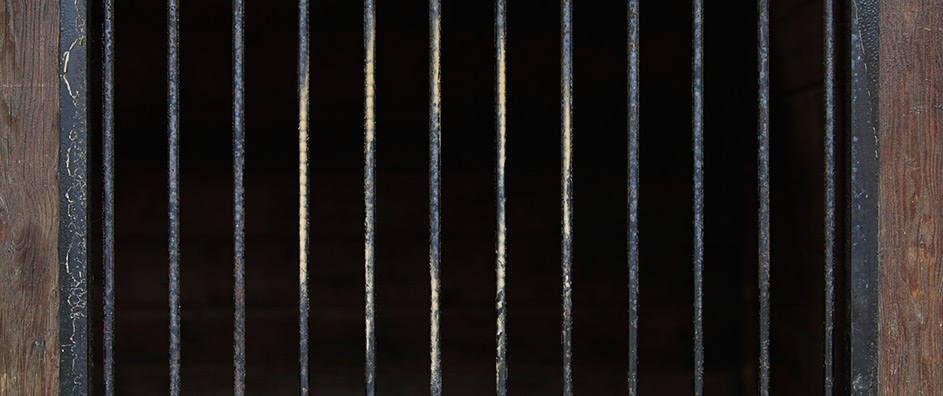 This is Part 2 of the Heroes of 2013 series:
This is Part 2 of the Heroes of 2013 series:
I remember talking under the lamplight one snowy night in Kabul with a clear-eyed couple who had finally earned their freedom after being imprisoned for years as prisoners of conscience. Her auburn hair swung across her shoulders. His thin form had shrunk from malnourishment, but he proudly motioned to the volumes he had collected during his confinement, neatly stacked on the windowsill.
In prison their spirits and intentions to improve society soared, incubated among peers in dank rooms where they had all awaited books and bread and prayers from the families upon whom they’d depended for survival. They lived in a country where convictions come at a cost, so they had gained fortitude from their trials, and access to inspiration from likeminded prisoners of conscience.
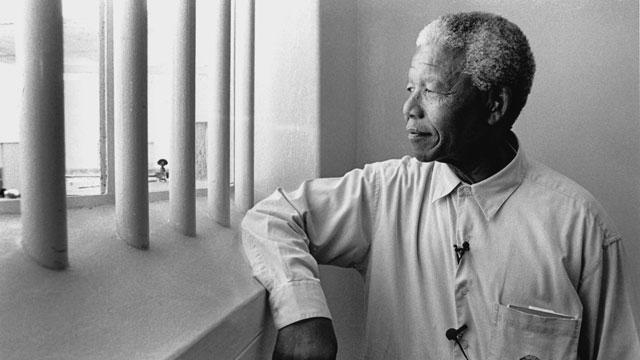 Similarly, Nelson Mandela’s well-documented life defined how camaraderie strengthened his character as he gave up life’s comforts – family, health, nutrition, safety, even reputation — as a prisoner of conscience. Writing about his imprisonment in his book Long Walk to Freedom, Mandela reminded us, “Strong convictions are the secret of surviving deprivation; your spirit can be full even when your stomach is empty.”
Similarly, Nelson Mandela’s well-documented life defined how camaraderie strengthened his character as he gave up life’s comforts – family, health, nutrition, safety, even reputation — as a prisoner of conscience. Writing about his imprisonment in his book Long Walk to Freedom, Mandela reminded us, “Strong convictions are the secret of surviving deprivation; your spirit can be full even when your stomach is empty.”
Baha’is in South Africa celebrated his attributes along with everyone when “Madiba” at last slipped away at age 95 in December. Their celebration of his ideals especially resonated because Baha’is had raised the call for unity some forty years before Mandela’s birth, when the founder of their Faith became a prisoner of conscience for his own belief in similar ideals—the oneness of humanity and the eradication of power as a tool for oppression. Baha’u’llah was first penalized for his convictions in the Black Pit in Tehran in 1852, yoked at the shoulders, with hands and feet bound. He, in fact, spent most of his life in prison, exiled or under house arrest, until his passing in 1892.
In this century, Mandela gave prisoners of conscience an elevated profile when he arose as a celebrated statesman of his time and, in 1994, became his nation’s first black president. Still, a look at the 2013 year’s end photo essay in the New York Times will remind us that humanity’s work remains undone. Across the continents, we see ethnic conflict, violent response to calls for freedom, the ascendency of commercial interests over the common good, hate-based turbulence… every kind of human drama continued to play out through the year 2013, along with acts of kindness, sacrifice and human goodness. While the struggle to establish unity still ebbs and flows in great swells, heroic prisoners of conscience did see some victories. (I am defining a hero as someone who speaks not only on their own behalf but on behalf of others.)
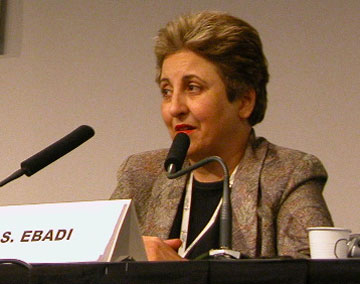 Celebrated human rights lawyer Nasrin Sotoudeh, for example, stood among 11 released Iranians when Hassan Rouhani took office in Iran. She had represented imprisoned Iranian activists as well as prisoners sentenced to death for crimes committed when they were minors. Her clients had included journalist Isa Saharkhiz and Nobel Peace Prize winner Shirin Ebadi.
Celebrated human rights lawyer Nasrin Sotoudeh, for example, stood among 11 released Iranians when Hassan Rouhani took office in Iran. She had represented imprisoned Iranian activists as well as prisoners sentenced to death for crimes committed when they were minors. Her clients had included journalist Isa Saharkhiz and Nobel Peace Prize winner Shirin Ebadi.
While Nasrin Sotoudeh stepped out of solitary confinement in Evin Prison to rejoin her family, however, many innocents did not. They remain detained as heroic prisoners of conscience. Many of these adults and youth had never raised their voices on the airwaves, stood in political opposition demonstrations or publicly shared their views. Among these are the 100+ Iranian Baha’is suddenly taken from their workplaces and homes for the mere offense of teaching university courses or children’s classes – imprisoned for acting on beliefs that impel them to value education, to love and serve humanity and to exercise equality. The Yaran, the seven leaders of the Faith in Iran — all mothers and fathers — who quietly met the needs of their community without violating the law, have now served five-year prison sentences with no end in sight.
While the last generation of Iranian Baha’i prisoners sometimes suffered random executions in prison, today the world waits with fresh hope for a more progressive era. Maybe it has come. This year, US Senate Resolution 75 established bipartisan support and unanimous approval of the condemnation of Iran’s official persecution of its Baha’i minority. This was a small victory for the general public, just as the disintegration of apartheid was a victory for all humanity.
Who are the heroes? Wherever we each act on our convictions, whenever we each strive for a greater level of equity, forgiveness, humility and service to humanity, we take one step to liberate a generation from its self-constructed prison of suffering. We rub the clouds from the blind spots and become a little more heroic ourselves.
When we as a society find it hard to rise above, we might ask ourselves: What would a hero of conscience do? Are we each willing to suffer for our beliefs and convictions in a way that refines the soul more than the body? If so, then this daily feeding of the conscience may prove the secret of our survival.
Read the previous article in the Heroes of 2013 series: Prisoners of Conscience: Mandela as a Role Model


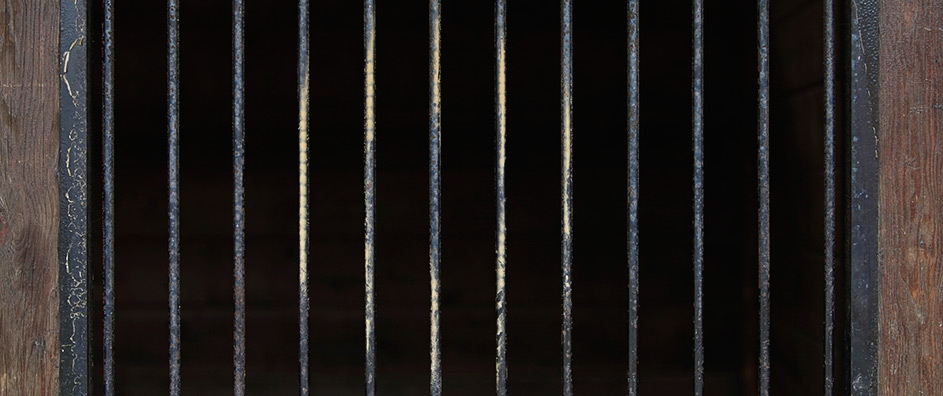



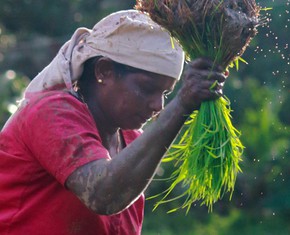









Comments
Sign in or create an account
Continue with Googleor